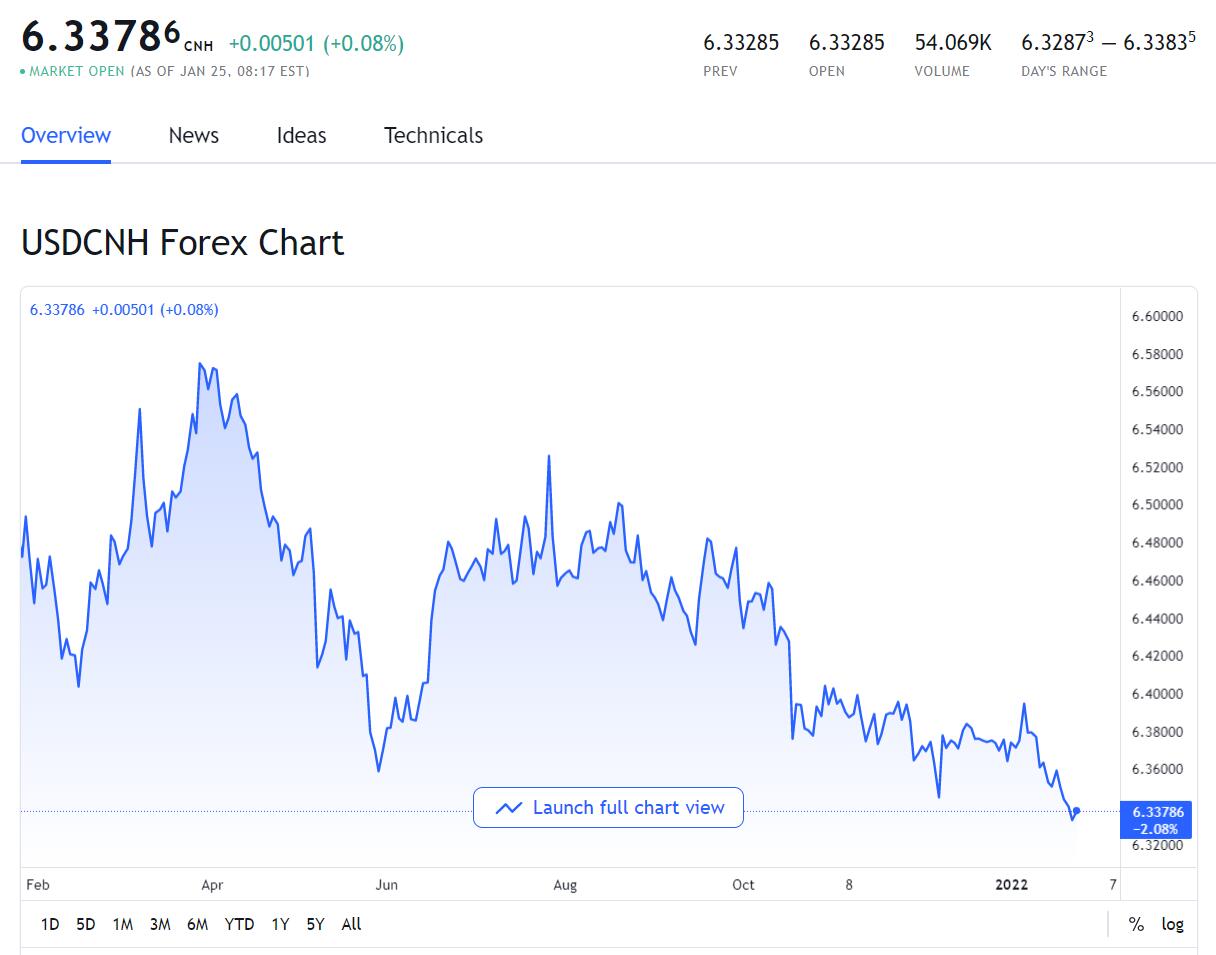The RMB has appreciated about 8 percent against the US dollar last year, putting pressure on Chinese companies with overseas operations.
The RMB's sharp appreciation over the past year has put companies with overseas operations under pressure.
BYD will conduct foreign-exchange derivatives trading with a limit of $4.3 billion or the equivalent in other foreign currencies, the Shenzhen-listed company said in an announcement today.
The company's management is authorized to exercise decision-making authority in relation to the business for 12 months from the effective date of the decision, according to the announcement.
As BYD's overseas business continues to expand, the size of its foreign exchange balance continues to grow. The move is to prevent the company from being adversely affected by large fluctuations in exchange rates and to reasonably reduce financial costs, BYD said.
The company plans to carry out hedging by conducting foreign exchange derivatives trading business to strengthen foreign exchange risk management and meet the company's needs for sound operation, it said.
BYD plans to carry out foreign exchange derivatives transactions to lock in costs, hedge and prevent risks such as exchange rates and interest rates, the company said.
The varieties of foreign exchange derivatives transactions to be carried out by the company are all simple foreign exchange derivatives closely related to the underlying business, and such foreign exchange derivatives match each other with the underlying business in terms of variety, scale, direction and maturity, it said.
The RMB has appreciated sharply against the dollar over the past year, with the USD/RMB exchange rate appreciating from about 6.97 to about 6.4 at the start of the year, or about 8 percent.
Since this month, despite hawkish signals from the US Federal Reserve and a simultaneous cut in the benchmark interest rates by China's central bank, the RMB is still appreciating, with USD/RMB currently at about 6.34.
Become A CnEVPost Member
Become a member of CnEVPost for an ad-free reading experience and support us in producing more quality content.
Already a member? Sign in here.

